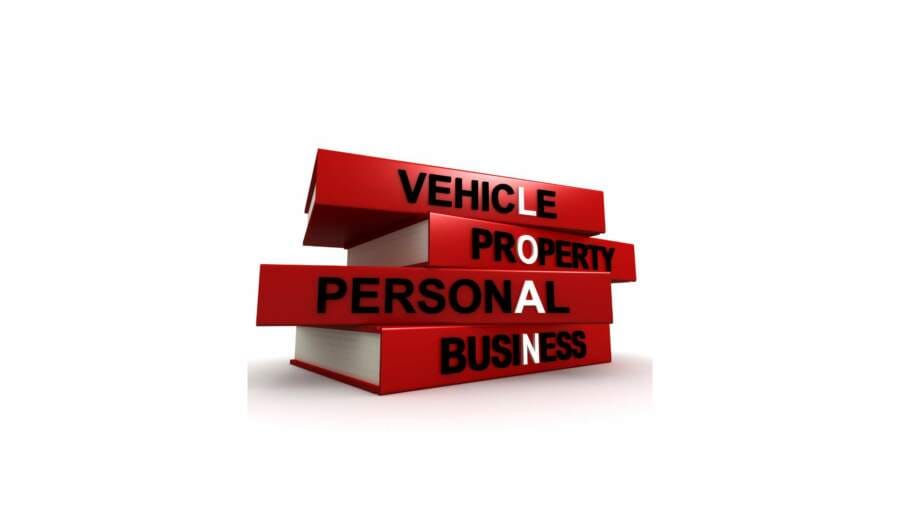
As a first time home buyer or a first time homeowner looking for an unsecured loan versus a secured loan, it may be difficult to determine who would be better for you. Let’s look at both a subsidized and an unsubsidized loan as a way of getting a general idea of how these types of loans work.
Unsecured Loans Vs Secured Loans – The difference between unsubsidized loan vs secured loan is whether the borrower enters deferment while in school or deferment when it comes time for Unsecured loans or if the government pays back the interest on direct subsidized loans. While the deferment does not pay off the principal right away, it does allow the lender to make up the loss with a new loan or refinance and is usually a small enough amount that the borrower does not have to worry about losing his or her home.
Unsecured Loan in Secured Loan – As a homeowner, your lender will use your credit history, income and other factors to determine which type of loan to offer you. This is because if you have a good credit history, a high income level, or are otherwise eligible to get a secured loan, you can usually expect to be able to get an unsubsidized loan even if you have poor credit.
However, if you have poor credit and you have made some late payments on your previous loan and you have some debt, you may have a tougher time getting an unsecured loan. As a homeowner, you are often more in the dark about your credit score than the lender.
Unsecured Loan in Secured Loan: Another important consideration of how to decide which type of loan to get is whether or not you need a down payment. If you are getting an unsubsidized loan, the down payment may not affect you too much. On the other hand, if you get a secured loan, then you may be required to make at least a percentage of the down payment, although it may be less.
When considering these types of loans, remember that there are other options available. For example, if you are having trouble paying back the monthly payment or have a bankruptcy on your record, you may be better off looking at either a short-term or an adjustable rate mortgage. Or, if you already own your own a home, you may want to compare fixed and adjustable rate loans to find the best deal.
As a homeowner, your main goal should be to find the best interest rate for your loan, regardless of whether you get an unsecured loan or a secured loan. But in this case, the interest rate is the deciding factor. So make sure to compare the two different types of loans to ensure that you get the lowest interest rate.
The more quotes you get, the better your chance of finding the best interest rate. Even though the interest rates on unsubsidized loans may be lower, if you are not able to afford the monthly payments, then it could be worth it to shop around until you find one that you can afford.
The only disadvantage to an unsecured loan is that the interest rate can be a bit higher than a secured loan, and if you have bad credit, this may prevent you from being able to obtain any kind of home financing at all. This is because you will have to put more money down with a guaranteed loan.
A Secured Loan vs Unsubsidized Loan: The benefits of an unsubsidized loan are that you are able to refinance any existing debt and keep the monthly payment the same, so you don’t have to worry about changing the interest rate. The drawback is that you won’t have any security in the loan, so you will lose the guarantee of paying the loan back. if you don’t pay the mortgage back.
With a Secured Loan or Unsubsidized Loan: There are advantages and disadvantages to both of these types of loans, but when choosing between these, you have to take into account how much money you have to pay down, your credit score and the amount you want to borrow. As a homeowner, this is what is most important to consider, as if you don’t have good credit, it may be harder to get the best interest rate.
It is important to compare interest rates between the two types of loans before you choose between them. In addition, you may be required to take a credit test and prove that you have a steady income to qualify for these types of loans.


